"Snap elections pointless," say analysts
Snap elections in Serbia would not alter the domestic political scene and would only bring instability, experts believe.
Wednesday, 15.04.2009.
09:28

Snap elections in Serbia would not alter the domestic political scene and would only bring instability, experts believe. The calls from the opposition for early elections are growing ever louder, starting with the Democratic Party of Serbia (DSS) with New Serbia’s support, followed by the Radicals, the Progressives, and most recently, the Liberal Democrats. "Snap elections pointless," say analysts However, while it is entirely natural for the opposition to seek new elections, analysts believe that they would do little to alter the balance of power. The only ones to benefit would be Tomislav Nikolic’s Serb Progressive Party (SNS), while the Democratic Party would remain the mainstay of any government. Analysts claim that it would be unwise to create new instability that elections bring at a time of economic crisis. Marko Blagojevic from the Center of Free Elections and Democracy (CeSID) is one adherent to this view. He believes the SPS would be the only party to make any gains. “I’m not sure what parliamentary elections would bring other than political instability. All the opinion polls conducted lately, all the opinion polls that have been conducted since the last elections simply show that even if early elections were held, they would bring no major changes to the Serbian political scene,“ says Blagojevic. “The only serious change is the split within the Serb Radical Party, which has gone in favor of the SNS, and that’s precisely why I think that they’d be the only ones to have any serious political benefit if snap elections were called and held,” he believes. Economic analysts agree that holding elections in the midst of a crisis would be counterproductive. According to Miroslav Prokopijevic from the Free Market Center, the problem in Serbia is that there is no viable political alternative that would be any better than the current powers-that-be. “Were there in Serbia, by some chance, an alternative bunch that was a bit better, then you could say that there was maybe some point in having elections at a time of crisis,“ says Prokopijevic. “However, the alternative here is that maybe only one of the smaller partners could trade places, while another alternative is for two Radical parties to come power—I think their policies would be even more fraught. I think the reserve team is even worse than the current one,“ he notes. “A future government in Serbia... would simply look no different to the one we have today,“ says Blagojevic “Maybe the DS would have different coalition partners, but it’s certain that the DS, as things currently stand according to the opinion polls, would be the party to once again reach a position to constitute power after any imaginary early parliamentary ballot,“ he emphasizes.
"Snap elections pointless," say analysts
However, while it is entirely natural for the opposition to seek new elections, analysts believe that they would do little to alter the balance of power.The only ones to benefit would be Tomislav Nikolić’s Serb Progressive Party (SNS), while the Democratic Party would remain the mainstay of any government.
Analysts claim that it would be unwise to create new instability that elections bring at a time of economic crisis.
Marko Blagojević from the Center of Free Elections and Democracy (CeSID) is one adherent to this view. He believes the SPS would be the only party to make any gains.
“I’m not sure what parliamentary elections would bring other than political instability. All the opinion polls conducted lately, all the opinion polls that have been conducted since the last elections simply show that even if early elections were held, they would bring no major changes to the Serbian political scene,“ says Blagojević.
“The only serious change is the split within the Serb Radical Party, which has gone in favor of the SNS, and that’s precisely why I think that they’d be the only ones to have any serious political benefit if snap elections were called and held,” he believes.
Economic analysts agree that holding elections in the midst of a crisis would be counterproductive.
According to Miroslav Prokopijević from the Free Market Center, the problem in Serbia is that there is no viable political alternative that would be any better than the current powers-that-be.
“Were there in Serbia, by some chance, an alternative bunch that was a bit better, then you could say that there was maybe some point in having elections at a time of crisis,“ says Prokopijević.
“However, the alternative here is that maybe only one of the smaller partners could trade places, while another alternative is for two Radical parties to come power—I think their policies would be even more fraught. I think the reserve team is even worse than the current one,“ he notes.
“A future government in Serbia... would simply look no different to the one we have today,“ says Blagojević
“Maybe the DS would have different coalition partners, but it’s certain that the DS, as things currently stand according to the opinion polls, would be the party to once again reach a position to constitute power after any imaginary early parliamentary ballot,“ he emphasizes.










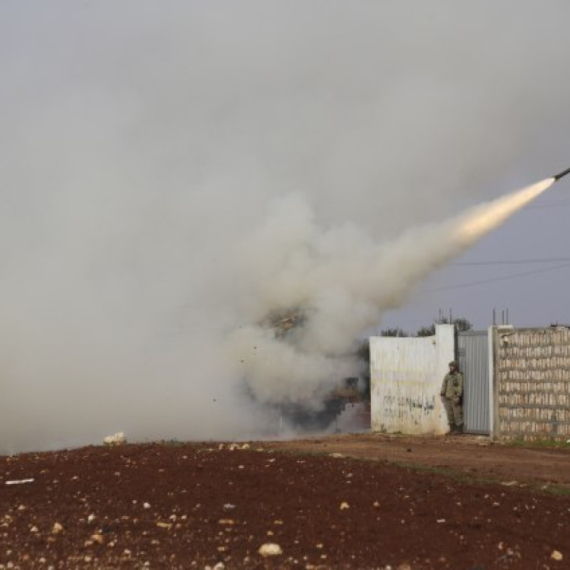

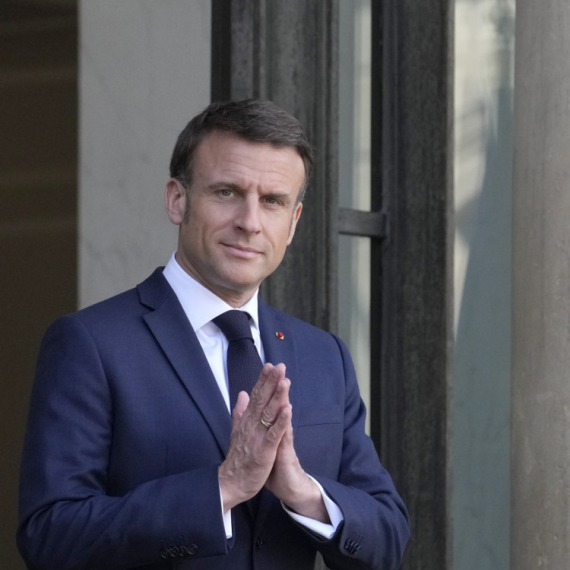

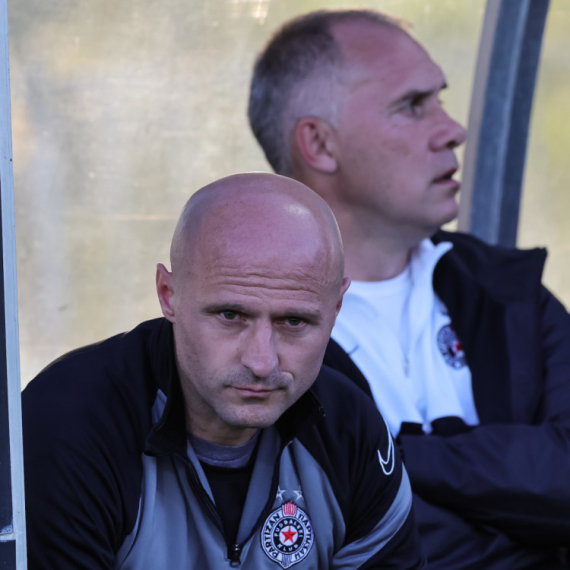
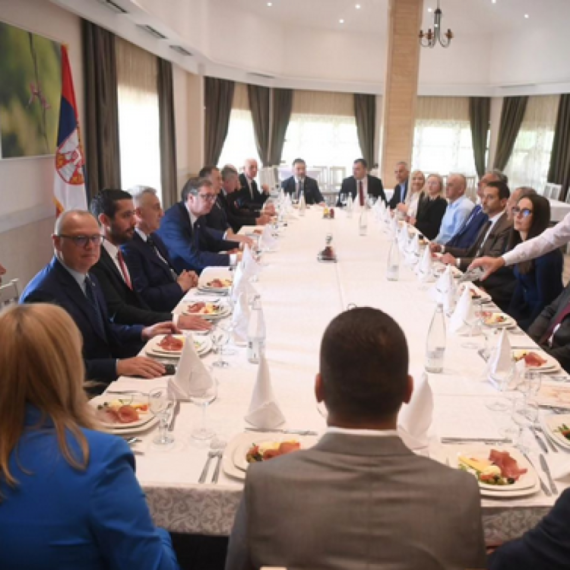
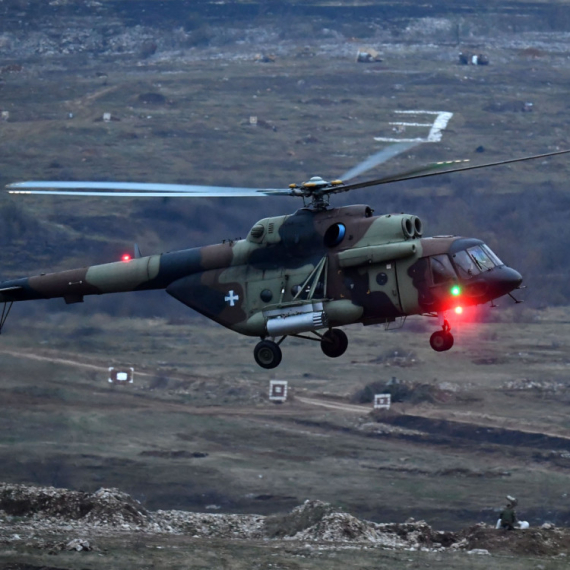
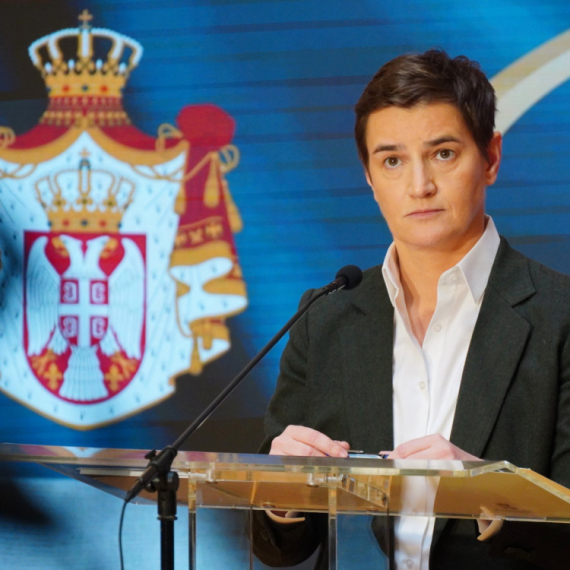

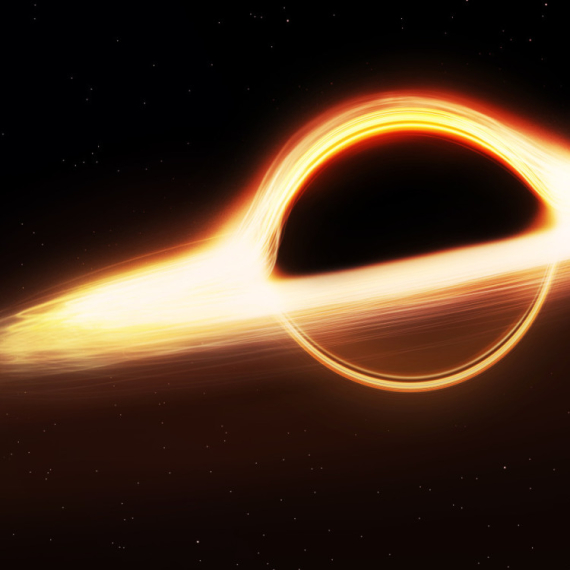
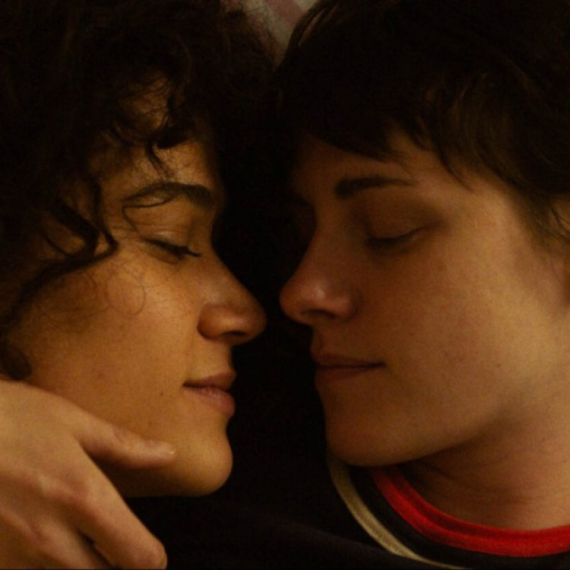

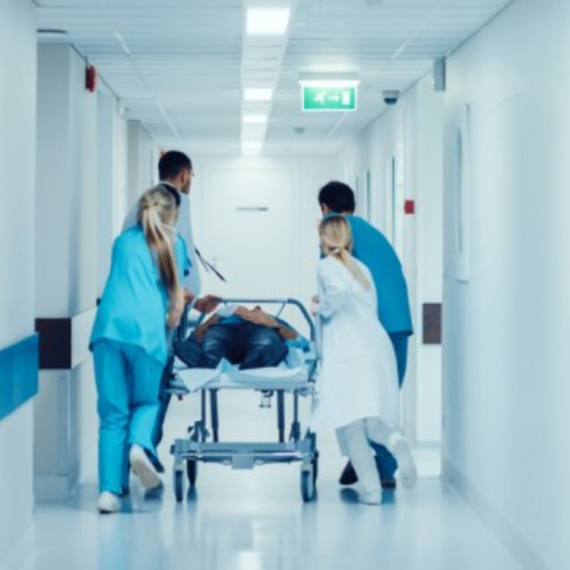






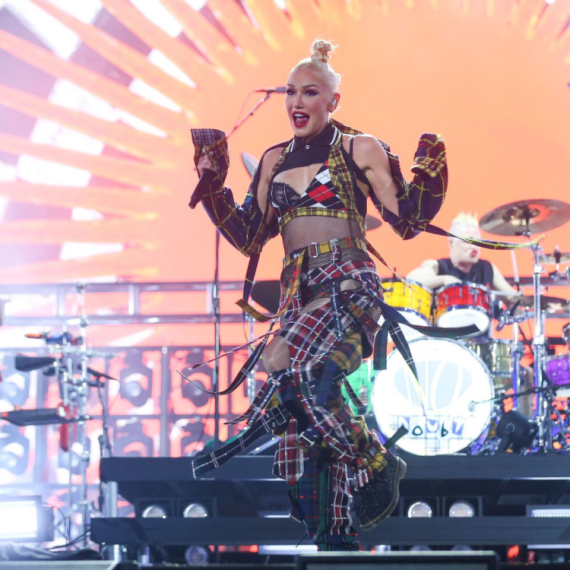








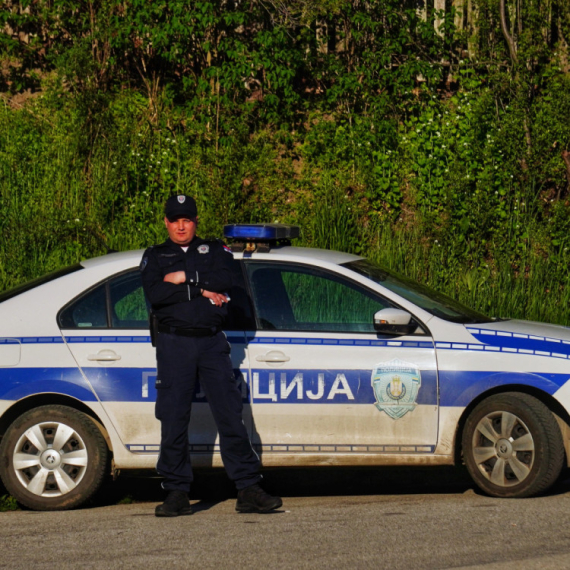
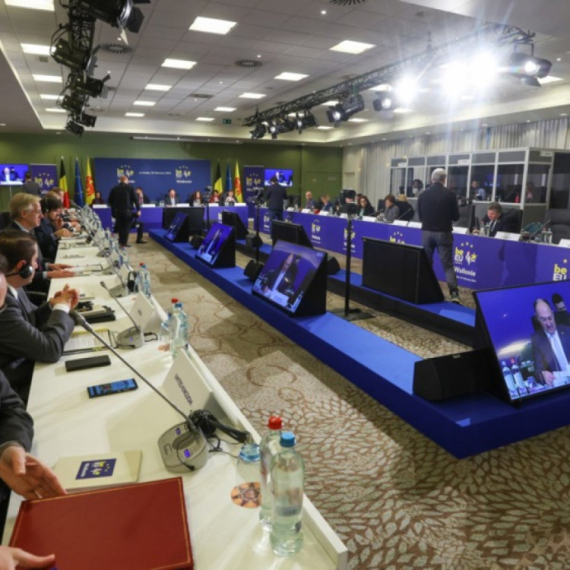
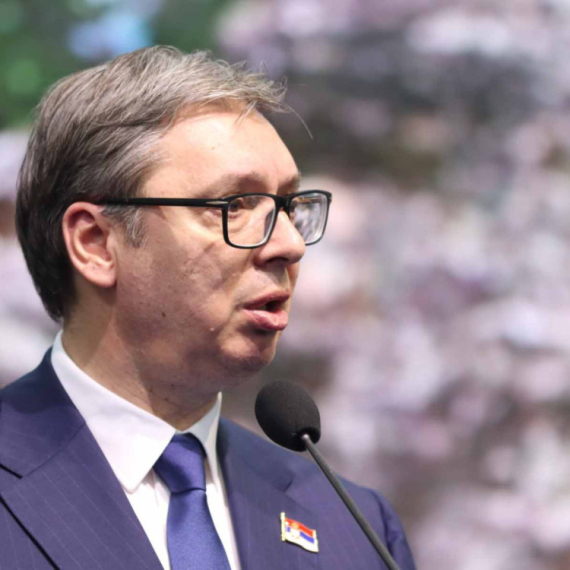
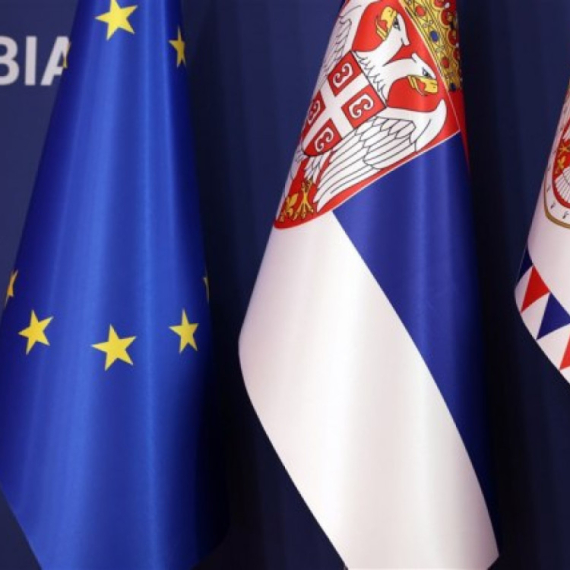




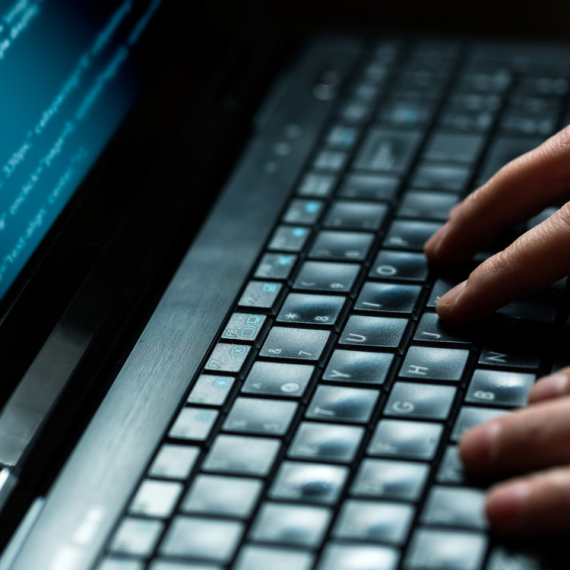



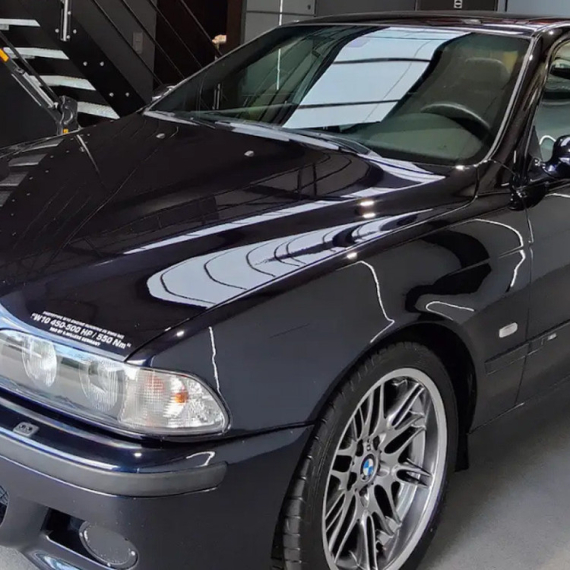
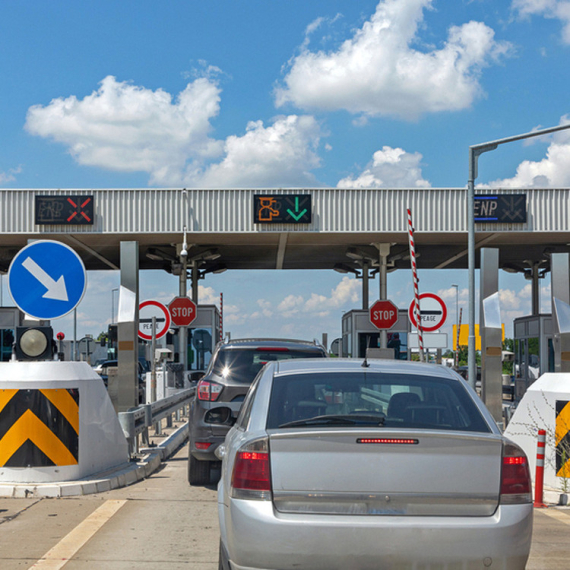






Komentari 10
Pogledaj komentare